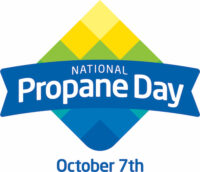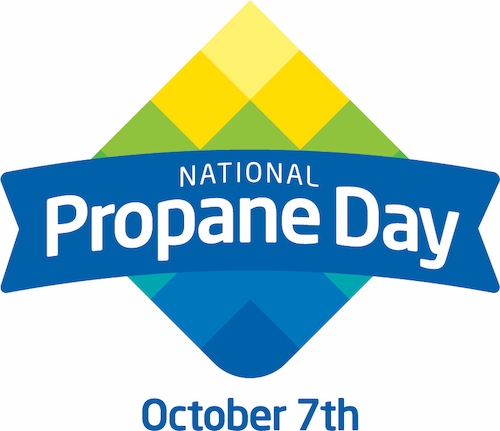Washington — The Propane Education & Research Council (PERC) is celebrating the second annual National Propane Day on October 7, 2023. National Propane Day is an opportunity to celebrate all the ways propane keeps America running and to highlight all the benefits propane offers to users everywhere, including homeowners, businesses and construction professionals. “Propane is Read more
alternative fuels

 Washington — The Propane Education & Research Council (PERC) is celebrating the second annual National Propane Day on October 7, 2023. National Propane Day is an opportunity to celebrate all the ways propane keeps America running and to highlight all the benefits propane offers to users everywhere, including homeowners, businesses and construction professionals.
Washington — The Propane Education & Research Council (PERC) is celebrating the second annual National Propane Day on October 7, 2023. National Propane Day is an opportunity to celebrate all the ways propane keeps America running and to highlight all the benefits propane offers to users everywhere, including homeowners, businesses and construction professionals.
“Propane is energy for everyone, ensuring resiliency, energy equity, and reducing carbon emissions in communities throughout the nation,” said Tucker Perkins, president and CEO of PERC. “On October 7, we are celebrating National Propane Day by reminding people about the benefits of propane—it’s a clean, reliable, available, and versatile energy source.”
Millions of Americans use low-carbon propane for heat, hot water, cooking, and power generation at home and at work. It is also a popular energy source for school buses, emergency first-responder equipment, high-end restaurants, agriculture operations, and numerous other applications.
As a highly efficient and reliable energy source, propane is also an ideal choice to ensure homes, businesses, and construction crews stay resilient. Propane generators ensure homes and businesses can power essentials when weather strikes or the electric grid goes out. For construction crews, portable propane generators ensure energy is always within reach to power tools and lighting.
As part of National Propane Day, PERC is also celebrating the continued growth and production of renewable propane—an ultra-low carbon option that further moves the propane industry down the path to zero carbon emissions. Renewable propane is made primarily from plant and vegetable oils, animal fats, or used cooking oil. It offers the same great features as conventional propane—reliability, portability, and power—with the added benefit that it introduces no new carbon into the environment.
To learn more about how propane can help construction professionals, visit Propane.com.
